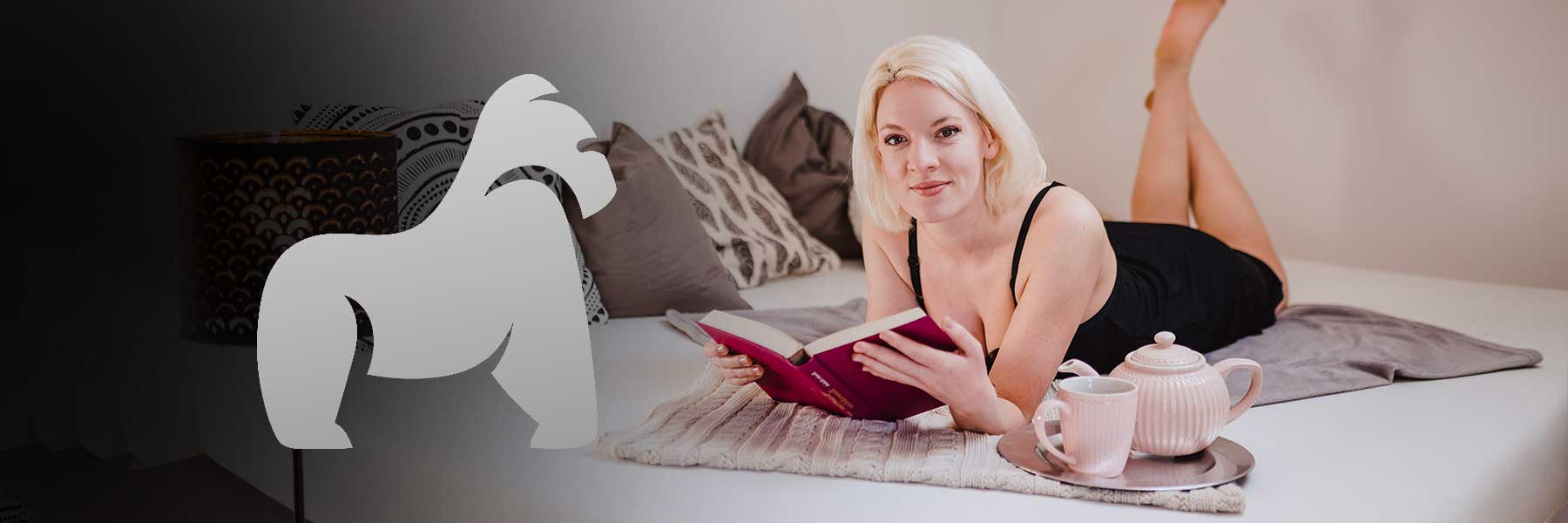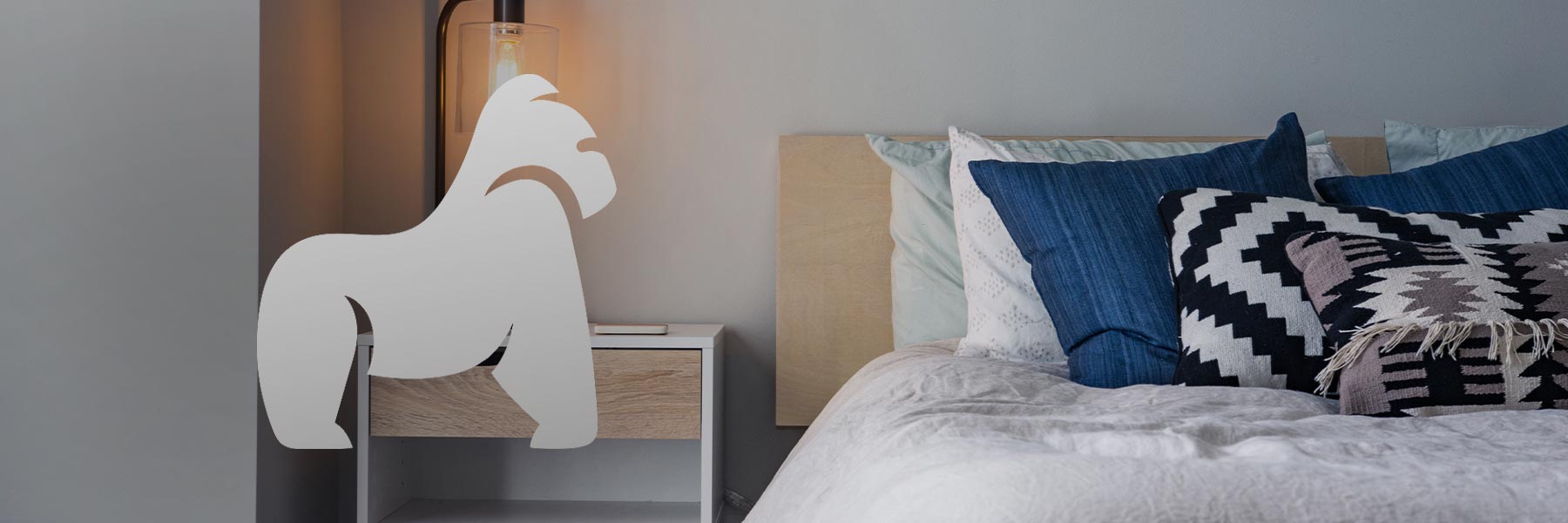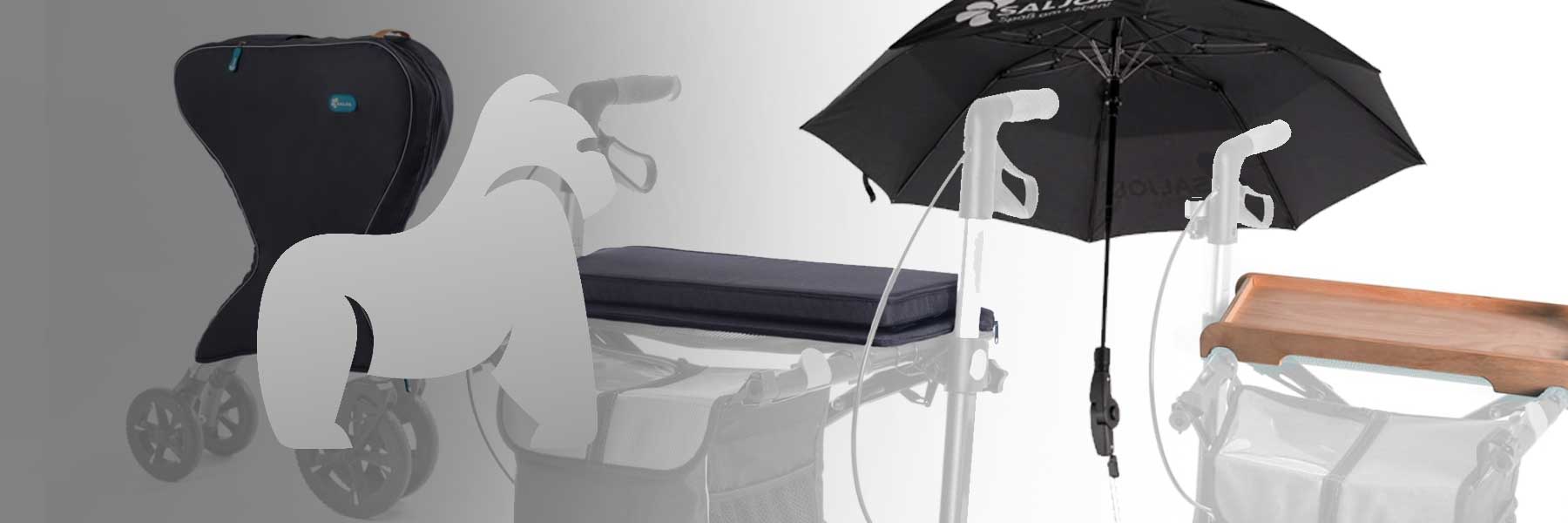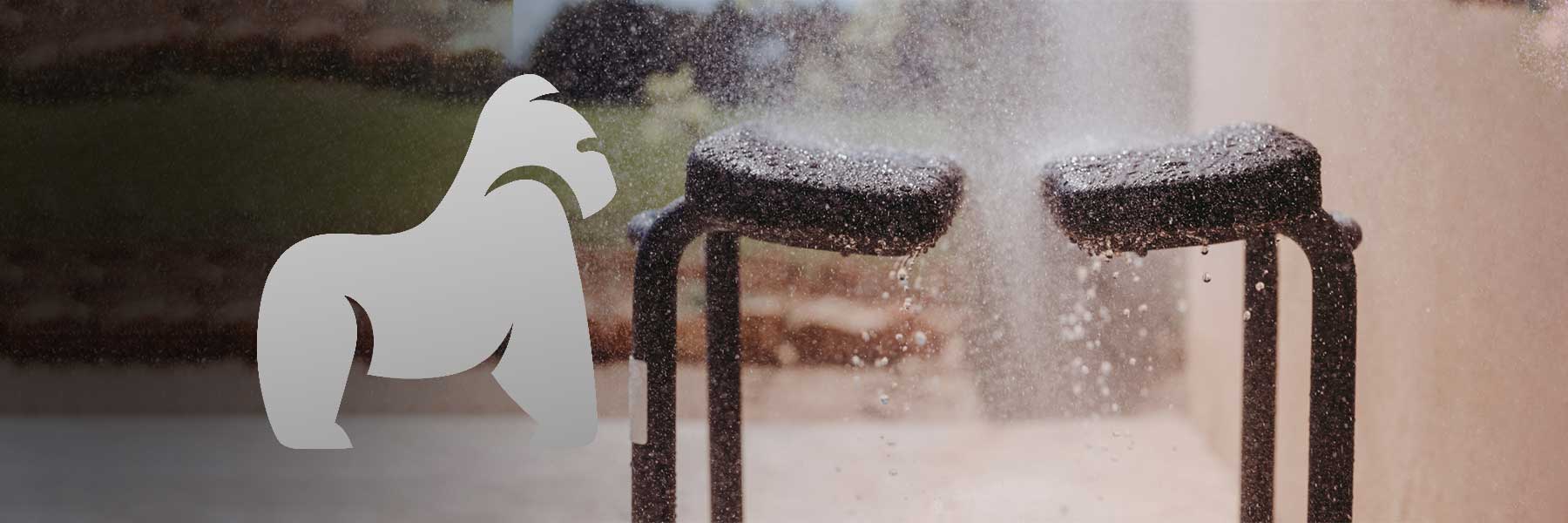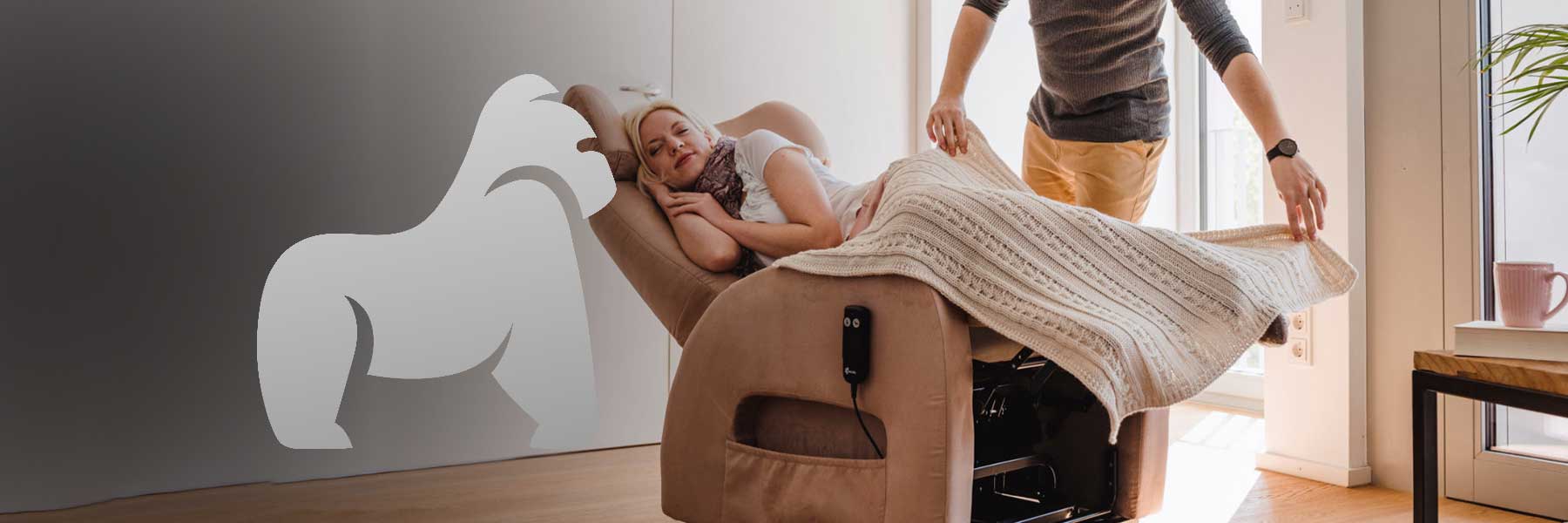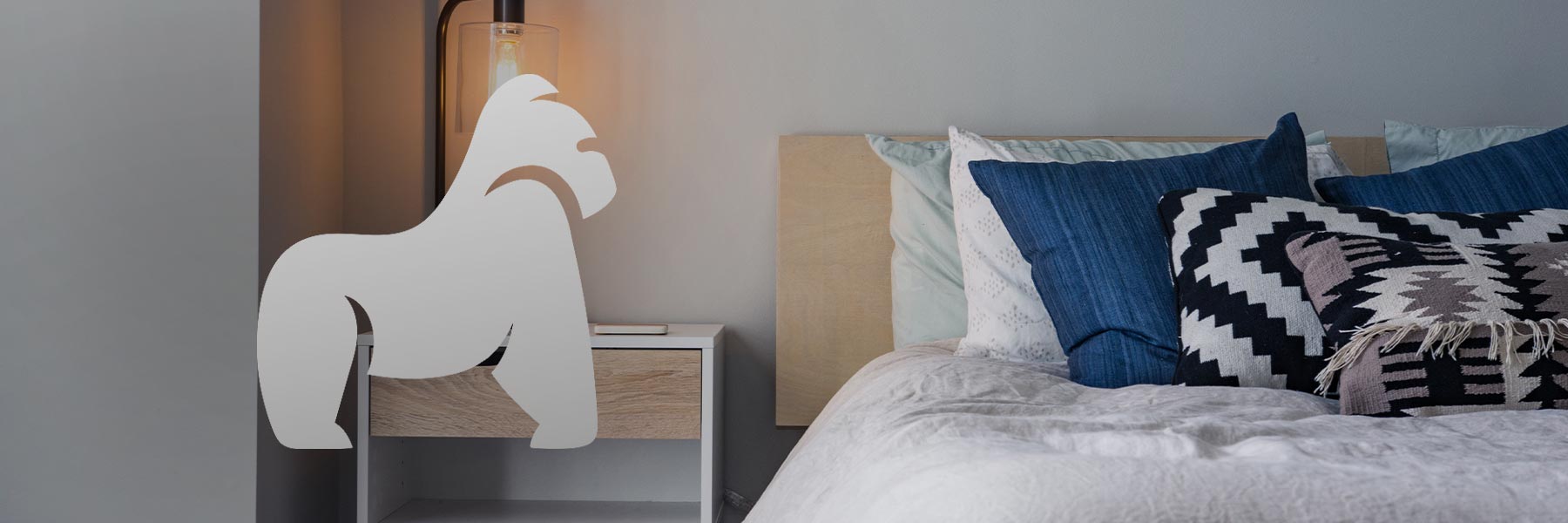Many people prefer to sleep on their side because this position is often considered particularly comfortable and can relieve back pain or snoring. But did you know that the side you sleep on can also affect your digestion? In this article, you will learn why it makes a difference whether you sleep on your right or left side, what role your sleeping position plays in preventing heartburn and other digestive problems, and for whom these recommendations are especially important.
1. Why does sleeping position affect digestion?
Our digestive organs are arranged differently in the abdominal cavity. The stomach, which plays a central role in digestion, is mainly located in the upper left abdominal area. Food is broken down in the stomach and then passes through the so-called pylorus into the small intestine.
The position of the stomach and digestive tract means that the sleeping position influences how stomach acid and the food bolus can move in the stomach. The main points are:
-
Left side: When you lie on the left side, the stomach hangs so that the pylorus is below the stomach contents. This means that stomach acid is less likely to flow back into the esophagus, reducing the risk of heartburn.
-
Right side: If, on the other hand, you lie on the right side, the pylorus is above the stomach contents. This allows stomach acid to flow back more easily into the esophagus, which promotes heartburn and other complaints.

These anatomical conditions explain why the sleeping position influences digestion and well-being during sleep.
2. Who benefits most from the left sleeping position?
The positive effect of sleeping on the left side is especially relevant for people with certain health problems:
2.1 People with gastroesophageal reflux disease (GERD)
This disease is characterized by frequent heartburn and reflux (backflow of stomach acid into the esophagus). For those affected, the left sleeping position is especially recommended because it:
-
Reduces the backflow of stomach acid
-
Relieves symptoms such as heartburn and chronic cough
-
Improves quality of life
2.2 People with digestive problems and bloating
Even with general digestive problems, sleeping on the left side can promote digestion by allowing the food bolus to be better passed from the stomach into the intestines.
2.3 Pregnant women
During pregnancy, it is often recommended to sleep on the left side, as this position improves blood circulation to the placenta and thus benefits both mother and child. At the same time, pressure on the stomach and digestive tract is reduced.
3. Is the sleeping position important for healthy people?
For people without complaints such as reflux or other digestive problems, the sleeping position is not so critical. The rule here is:
-
No strict necessity to sleep only on the left side.
-
However, it can be beneficial to get used to the left side, as it may have positive long-term effects on digestion.
-
The most important thing is to find a position that is pleasant and comfortable so that sleep quality does not suffer.
4. Practical tips for the left sleeping position
If you prefer or want to try the left side as a sleeping position, the following tips can help make the posture more comfortable and healthier:
4.1 Slightly raise head and upper body
By using a higher neck pillow or an adjustable bed, the upper body can be slightly elevated, which additionally prevents stomach acid from flowing back.
4.2 Place a pillow between the knees
This supports the spine and prevents tension. It ensures a more natural body posture.
4.3 Do not lie down immediately after eating
Avoid sleeping immediately after a meal. Wait at least two to three hours to allow digestion to start and the stomach to be emptier.
4.4 Match mattress and pillow to the body
A mattress that provides enough support and ergonomically shaped neck pillows improve sleep quality and ensure a relaxed posture.
5. What happens when you sleep on your right side?
Many people intuitively sleep on their right side because they find it comfortable. However, this position can cause digestive discomfort for some:
-
Increased risk of heartburn, especially in people with reflux
-
Unpleasant feeling of fullness or pressure in the stomach
-
Possibly poorer sleep due to waking up at night because of digestive problems
If you often suffer from heartburn or acid reflux, you should critically review your sleeping position.
6. Consider personal differences
There is no "one-size-fits-all" solution for everyone. Every body is different, and some feel more comfortable on the right side, while others prefer the left.
Important is:
-
Listen to your body! If you wake up with discomfort after sleeping, the sleeping position could be a cause.
-
Try out which position helps you best.
-
If symptoms persist, it is advisable to see a doctor to clarify causes.
7. Other factors that influence digestion and sleep
In addition to the sleeping position, there are other important factors that influence your digestion and sleep quality:
-
Nutrition: Avoid heavy, fatty, or heavily spiced foods before going to bed.
-
Meal times: Regular meals and spacing between eating and sleeping promote better digestion.
-
Weight: Overweight can increase pressure on the stomach and promote reflux.
-
Stress: Stress and psychological burdens negatively affect digestion and sleep.
-
Alcohol and nicotine: Both substances can increase stomach acid production and cause sleep problems.
8. Summary and conclusion
The sleeping position – especially whether you lie on your left or right side – has a measurable impact on your digestion and well-being during the night. For people with digestive complaints, especially with heartburn and reflux, sleeping on the left side is a simple and effective measure to relieve symptoms.
Healthy people can also benefit from the left sleeping position, but do not necessarily have to pay attention to it as long as they feel comfortable and sleep well.
It is always important to choose a sleeping position that is comfortable and offers the best possible rest. If you have problems, you should seek medical advice.
9. Further tips for healthy sleep and digestion
-
Create a relaxed sleeping environment: Darkness, quiet, and comfortable temperatures promote good sleep.
-
Regular sleep times: A consistent rhythm supports the natural biorhythm.
-
Exercise: Regular physical activity promotes healthy digestion and improves sleep.
-
Stress management: Relaxation techniques such as meditation, breathing exercises, or yoga can help.
I hope this detailed article helps you better understand and, if necessary, improve your sleeping habits. Your digestion and well-being will thank you!






